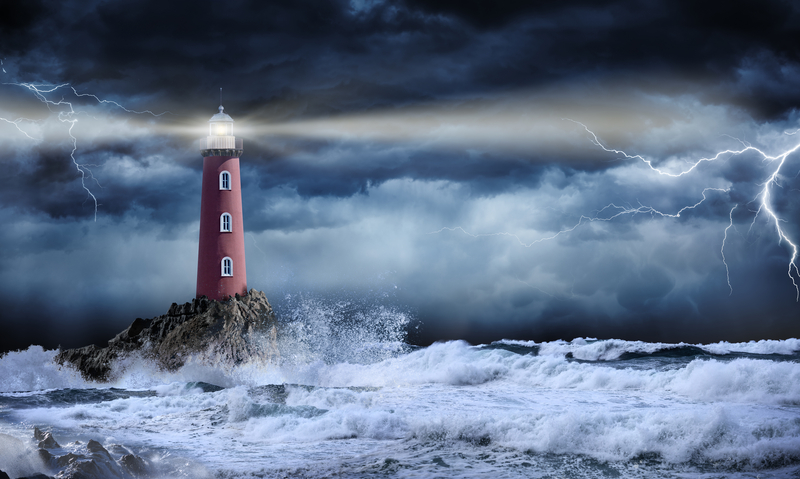If your child has seen the news and wants to understand what’s happening and why, what do you say?
All of us are feeling scared, sad, and overwhelmed right now about the state of the world and what’s going on in our country. So of course our children are feeling affected and burdened by it too. It’s so important to keep an open door approach to any communication with them as their feelings and reactions, just like ours, are going to ebb and flow. A good place to start is by asking them what they are thinking, worrying about and feeling regarding the social media and news reports. This is a good time to help your kids “check the facts” so they can understand what really might impact them and the people they care about. Sadly kids these days cannot get away from the media and they aren’t always at a developmental level to fully process it. So once you know (and do not presume) what’s going on for them internally, they will no longer be trying to manage it on their own– this alone is critical for them. When they do share, be honest, direct, reassuring and most of all “be one mindful” meaning be fully present with them and your conversation with them. Our county has gone through volatile times before and gotten through it, and we will again. Help them to understand that emotions are normal and don’t have to always match up with the facts, i.e. such as feeling scared of being attacked even when your home and neighborhood are currently safe. Try to be both emotionally supportive and also objective so that they can sense your own balance.
How do you make your child feel safe when the riots are becoming more and more volatile?
Discuss some very concrete ways you are keeping them safe. It might help them to know you are “on it.” If a child is very young, help them understand that the fear the quarantine might have caused is now being made “bigger” by all the angry and upset people. And both events are so very rare and hard to adjust to for all of us. Help them to see that most protesters are very peaceful and go home when things become violent, but the news tends to focus on the most dramatic moments, not the peaceful ones. That most are “walking the middle path” and not living on the extremes. Also if age appropriate, you could share that the police and national guard give protesters warning before they begin to set off tear gas, flash bangs and use rubber bullets (little kids need to know that these are NOT “killing bullets”). You can also tell older kids that despite how big and pervasive the protests are, mostly people are feeling really strong anger and not trying to hurt or kill anyone (older kids may have heard about the few deaths which did occur- so help them see how few deaths occurred despite the massive number of protestors).
What should parents do to help their children understand protests and racism?
As parents it’s important to both given our children a voice and at the same time not join in angry/reactive thinking. This time is so filled with uncertainty we need to be balanced and stay in our own “wise mind.” Make your response relatable. Include “yes, and” statements so that the hurt and pain of the racial mistreatment is validated and also the huge support for change that is coming from all races, ages and locations. All of us have blow ups, tantrums and “break downs” now and again. This is a time where too many hard things have happened in a row, and so people need to express their hurt, fear and anger out loud and with other people. Being able to join with others when we are hurting is a normal part of grief and pain. That’s why we have services, memorials, shivas, community meetings and also gatherings of protest. If your child is old enough help them to understand how special and rare it is to be able to peacefully protest because not all people have that right in the world. Finally ask them if there is anything that they would like to do (donate to a charity, write a letter, create a “wish box” etc.) because even the smallest action can make us feel more empowered, masterful and effective.
Most of all, be gentle, accepting and embracing of their reactions (and your own). Balance honesty with protecting their innocence. What’s critical is to remember they are watching you for signs of how best to comprehend what’s going on, so take care to limit your own watching the news reports and when/how you are expressing your own fear. Remember as a parent, you’re strength will strengthen them.

